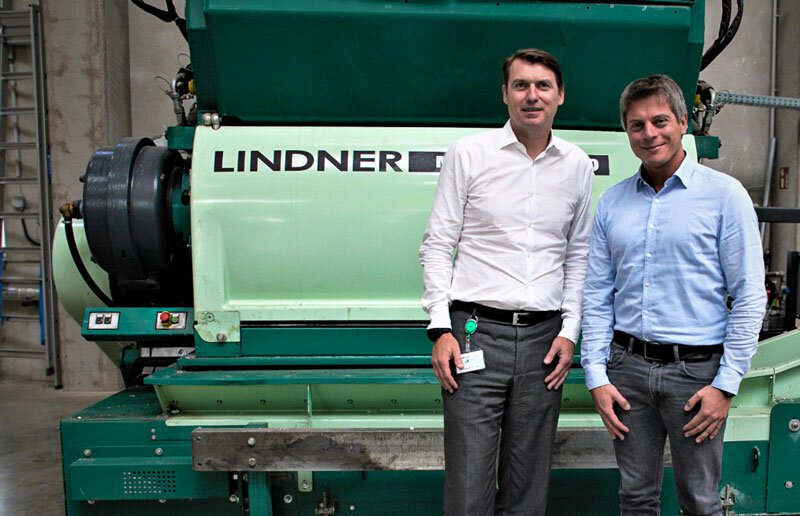Borealis Is Committed to Upcycling and Counts on Cooperations and Lindner’s Technology
With their acquisition of the plastics recycler mtm plastics, Borealis, a leading chemicals and plastics group, became the first plastics manufacturer to work towards a circular economy. The group has been consistent in its efforts to drive plastics circularity and is developing regranulates of the highest quality. The result is sophisticated and innovative products jointly created with partners from the waste management and plastics industries.
Upon meeting Günter Stephan, Head of Mechanical Recycling at Borealis Circular Economy Solutions, it is immediately clear that the company has truly understood the most pressing issue of our age. In 2016 Borealis became the first big plastics industry player to acquire a plastics recycling company, mtm plastics. Two years later, the Austrian company Ecoplast, another plastics recovery company, joined the Borealis Group. The group is doing everything in its power to advance the circular economy. ‘We believe plastic is a fantastic material that is far too valuable to waste,’ explains Stephan before adding: ‘That’s why we are working with our partners along the value chain to take concrete measures to implement the circular economy principles on a larger scale in our industry.’ These initiatives are already bearing fruit: the combined know-how results in ever higher-quality regranulate and innovative products such as Purpolen®, a regranulate made of 100% recycled plastics and suitable for manufacturing branded consumer goods.
According to Stephan, mechanical recycling is currently the most eco-efficient method to apply the principles of the circular economy. Borealis also draws on the experience and technology of established recycling companies such as Lindner Recyclingtech, the Austrian specialist in shredding technology and waste processing. Stefan Scheiflinger-Ehrenwerth, Head of Product Management at Lindner, explains: ‘In terms of processes, material recovery starts with shredding, sorting and cleaning waste. As one of the leading suppliers of system solutions in this industry, we know that the economic aspect of the entire process also plays a vital role in the closed-loop economy. That’s precisely why it’s so important to cooperate with companies from all areas of the value chain. Only when all components and processes are well coordinated will it be possible to cost-effectively produce high-quality regranulate that is comparable to virgin material.’
The Circumat project group is an example of what such a cooperation might look like.
Find out more about
the Circumat project >>

Günter Stephan, Head of Mechanical Recycling at Borealis Circular Economy Solutions & Stefan Scheiflinger-Ehrenwerth, Head of Product Management at Lindner